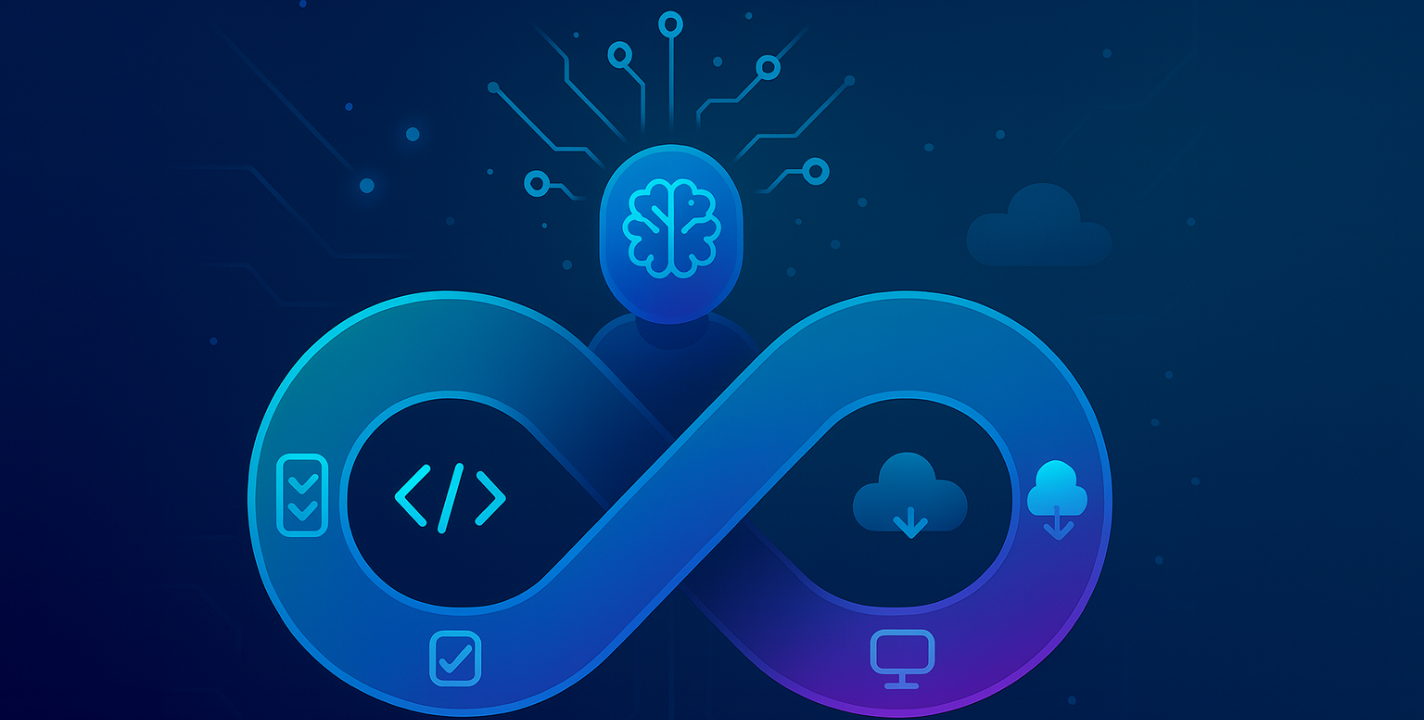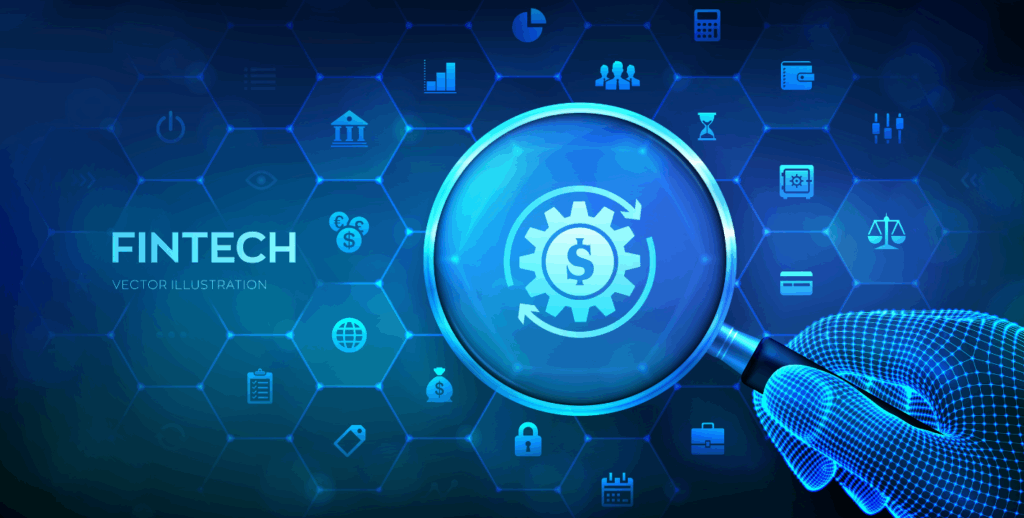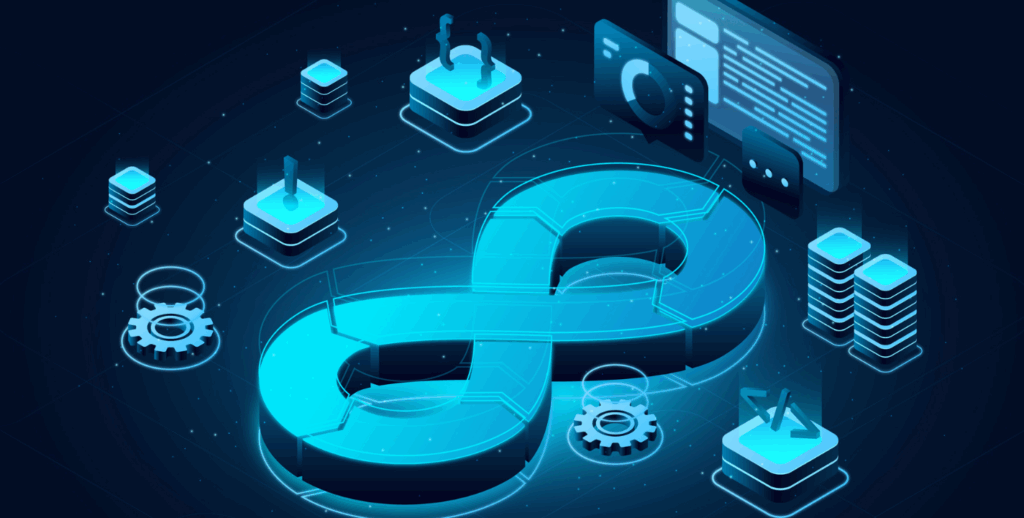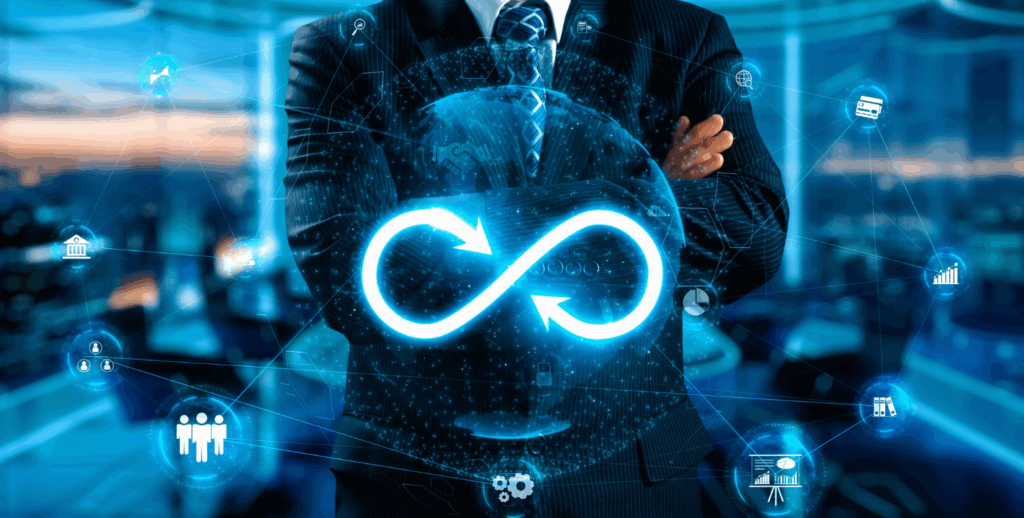The software development landscape has witnessed countless revolutions, but none quite as transformative as the integration of artificial intelligence into DevOps workflows. As we navigate through 2025, AI DevOps has evolved from an experimental concept to a mission-critical component that’s reshaping how teams build, test, and deploy software at unprecedented scales.
The convergence of AI and DevOps isn’t just another technological trend it’s a fundamental shift that’s enabling organizations to achieve deployment frequencies that seemed impossible just a few years ago. Companies implementing machine learning CI/CD pipelines are reporting 40-60% faster delivery cycles while simultaneously improving code quality and system reliability.
The Evolution of Intelligent Software Delivery
Traditional DevOps practices, while revolutionary in their time, still relied heavily on manual processes and human decision-making. Today’s automated software delivery systems powered by AI are changing this paradigm entirely. These intelligent systems can predict potential failures, optimize resource allocation, and even write deployment scripts autonomously.
The transformation is particularly evident in how AI algorithms analyze historical deployment data to identify patterns that human operators might miss. Machine learning models trained on months of pipeline data can now predict with 85-90% accuracy which builds are likely to fail, allowing teams to address issues before they impact production environments.
Key Areas Where AI is Revolutionizing DevOps
Predictive Analytics for Pipeline Optimization
Modern AI DevOps platforms leverage sophisticated algorithms to analyze code commits, test results, and deployment metrics in real-time. This predictive capability enables several breakthrough improvements:
Failure Prediction and Prevention: AI models examine code complexity, developer behavior patterns, and historical failure data to flag potentially problematic deployments before they reach production. Teams using these systems report 70% fewer critical incidents during peak deployment windows.
Resource Optimization: Machine learning algorithms dynamically adjust computational resources based on predicted workloads, reducing infrastructure costs by 30-45% while maintaining optimal performance levels.
Test Case Prioritization: Rather than running entire test suites, AI systems intelligently prioritize which tests to execute based on code changes, reducing testing time by up to 50% without compromising coverage quality.
Intelligent Code Analysis and Quality Assurance
The integration of AI into code review processes has created a new paradigm where machine learning CI/CD systems can identify potential security vulnerabilities, performance bottlenecks, and maintainability issues with remarkable precision. These systems don’t replace human reviewers but augment their capabilities dramatically.
AI-powered code analysis tools now detect subtle patterns that indicate technical debt accumulation, suggesting refactoring opportunities before they become critical issues. This proactive approach has helped development teams maintain code quality while accelerating delivery timelines a combination that was previously considered mutually exclusive.
Autonomous Incident Response and Recovery
Perhaps the most impressive advancement in automated software delivery is the emergence of self-healing systems. These AI-driven platforms can detect anomalies in real-time, diagnose root causes, and implement corrective actions without human intervention.
When incidents do occur, machine learning models analyze logs, metrics, and user behavior patterns to provide engineers with contextual insights that dramatically reduce mean time to resolution (MTTR). Organizations implementing these systems report MTTR improvements of 60-80% compared to traditional monitoring approaches.
Real-World Impact: The Numbers Tell the Story
The practical benefits of AI-enhanced DevOps extend far beyond theoretical improvements. Companies at the forefront of this transformation are achieving measurable results that directly impact their bottom line:
Deployment Frequency: Organizations using AI DevOps practices are deploying code 5-10 times more frequently than those relying solely on traditional approaches, with some teams achieving multiple deployments per hour without sacrificing stability.
Quality Improvements: AI-powered testing and validation systems have reduced production defects by 45-65%, while simultaneously decreasing the time required for comprehensive testing cycles.
Developer Productivity: By automating routine tasks and providing intelligent insights, AI tools have increased developer productivity by an average of 35%, allowing teams to focus on innovation rather than operational overhead.
Emerging Trends Shaping the Future
As we progress through 2025, several key trends are defining the next evolution of AI-integrated DevOps:
Conversational DevOps Interfaces
Natural language processing capabilities are enabling developers to interact with deployment pipelines using conversational interfaces. Teams can now query system status, initiate deployments, and troubleshoot issues using simple English commands, democratizing access to complex DevOps operations.
Cross-Platform Intelligence
AI systems are becoming increasingly sophisticated at understanding dependencies and interactions across multi-cloud and hybrid environments. This holistic view enables more informed decision-making and reduces the complexity of managing distributed systems.
Ethical AI in Software Delivery
As AI becomes more prevalent in automated software delivery, organizations are implementing governance frameworks to ensure algorithmic decisions are transparent, auditable, and aligned with business objectives. This trend reflects a maturing understanding of AI’s role in critical business processes.
Implementation Strategies for Success
Successfully integrating AI into DevOps workflows requires a strategic approach that balances technological capabilities with organizational readiness:
Start with Data Foundation: AI systems require high-quality data to function effectively. Organizations should begin by standardizing their logging, monitoring, and metrics collection practices before implementing AI-powered solutions.
Gradual Integration: Rather than attempting wholesale transformation, successful implementations typically begin with specific use cases such as test optimization or deployment risk assessment before expanding to broader automation scenarios.
Team Education and Change Management: The shift to AI DevOps requires new skills and mindsets. Investing in team education and creating clear guidelines for human-AI collaboration is essential for long-term success.
The Competitive Advantage of Early Adoption
Companies that embrace AI-enhanced DevOps practices are creating significant competitive advantages through improved agility, reliability, and innovation capacity. The ability to deliver high-quality software faster while reducing operational overhead represents a fundamental business differentiator in today’s digital economy.
The transition to machine learning CI/CD pipelines isn’t just about technological advancement it’s about enabling organizations to respond more quickly to market opportunities while maintaining the stability and security that modern applications demand.
Looking Ahead: The Future is Intelligent
As AI continues to evolve, the boundary between development and operations will become increasingly seamless. We’re moving toward a future where intelligent systems handle routine operational tasks autonomously, allowing human experts to focus on strategic initiatives and creative problem-solving.
The organizations that begin this transformation today will be best positioned to capitalize on the exponential improvements in software delivery speed, quality, and reliability that AI-powered DevOps enables. The question isn’t whether AI will transform software delivery it’s how quickly your organization can adapt to harness this transformation effectively.
FAQ’s
How to use AI in CD pipeline?
AI transforms CD pipelines through intelligent automation and predictive analytics. Modern AI DevOps implementations use machine learning algorithms to analyze code commits, predict deployment risks, and automatically optimize pipeline configurations.
Will AI replace DevOps engineers by 2025?
AI will not replace DevOps engineers in 2025, but it will fundamentally transform their role. Rather than elimination, we’re seeing role evolution where engineers become AI-assisted operators and strategic system architects.
Can we use AI in DevOps for automated testing?
Absolutely AI is revolutionizing automated testing in DevOps through machine learning CI/CD implementations that dramatically improve testing efficiency and effectiveness.
Will AI take over software development jobs?
This tackles one of the biggest fears in the tech industry right now. The answer provides reassurance while being realistic about transformation, includes specific productivity metrics (60% more creative time, 40% less routine work), and positions the change as opportunity rather than threat.
Can AI improve deployment security in DevOps?
This addresses the growing concern about security in automated systems. The response demonstrates how AI enhances rather than compromises security, provides concrete accuracy rates (85-90% vulnerability detection), and shows measurable security improvements (70% fewer incidents, 50% faster response).



